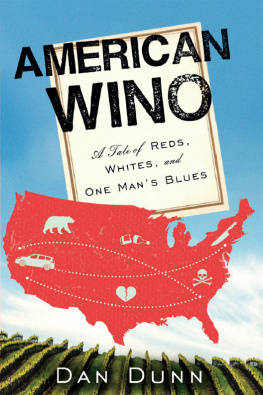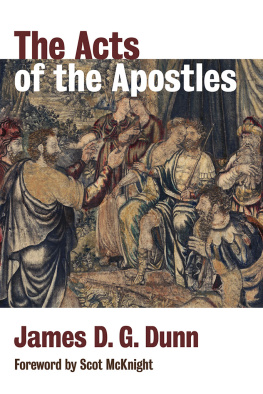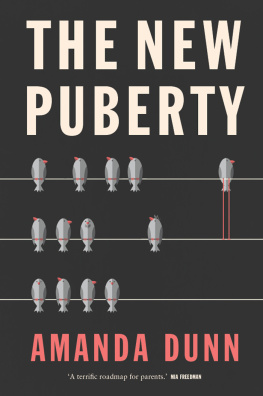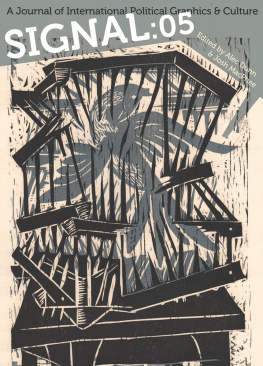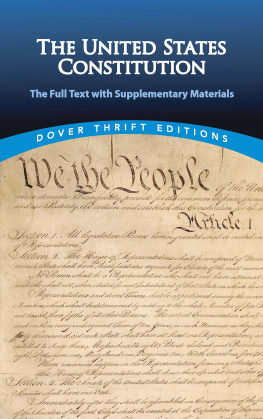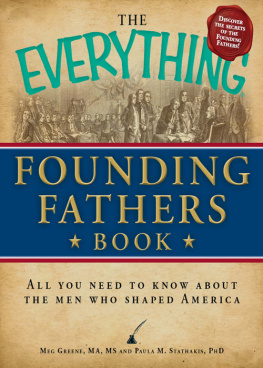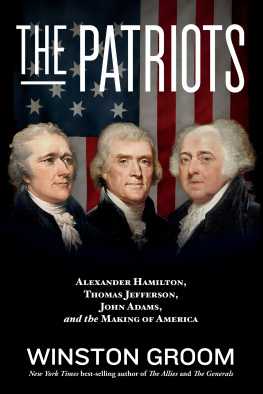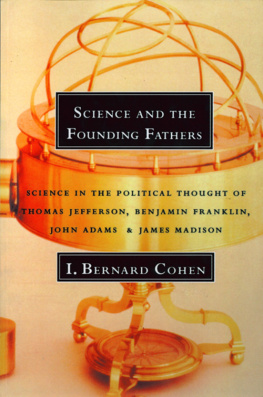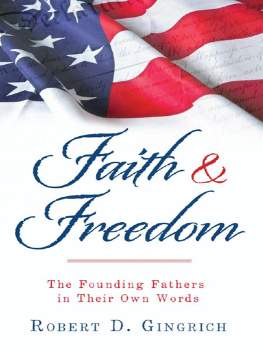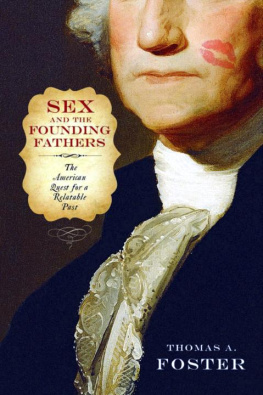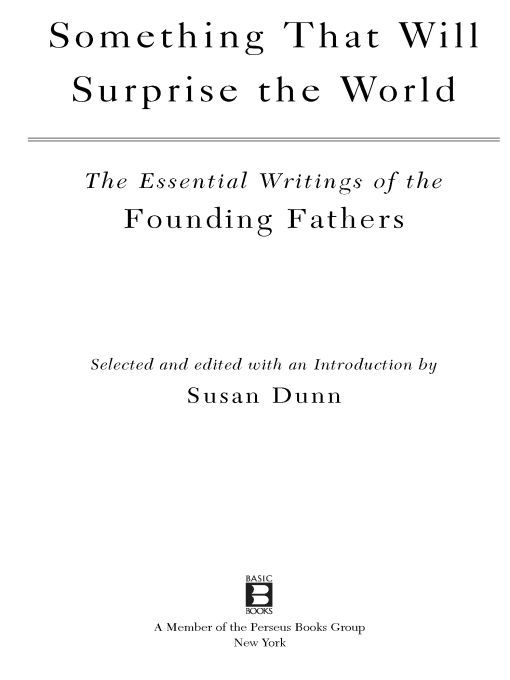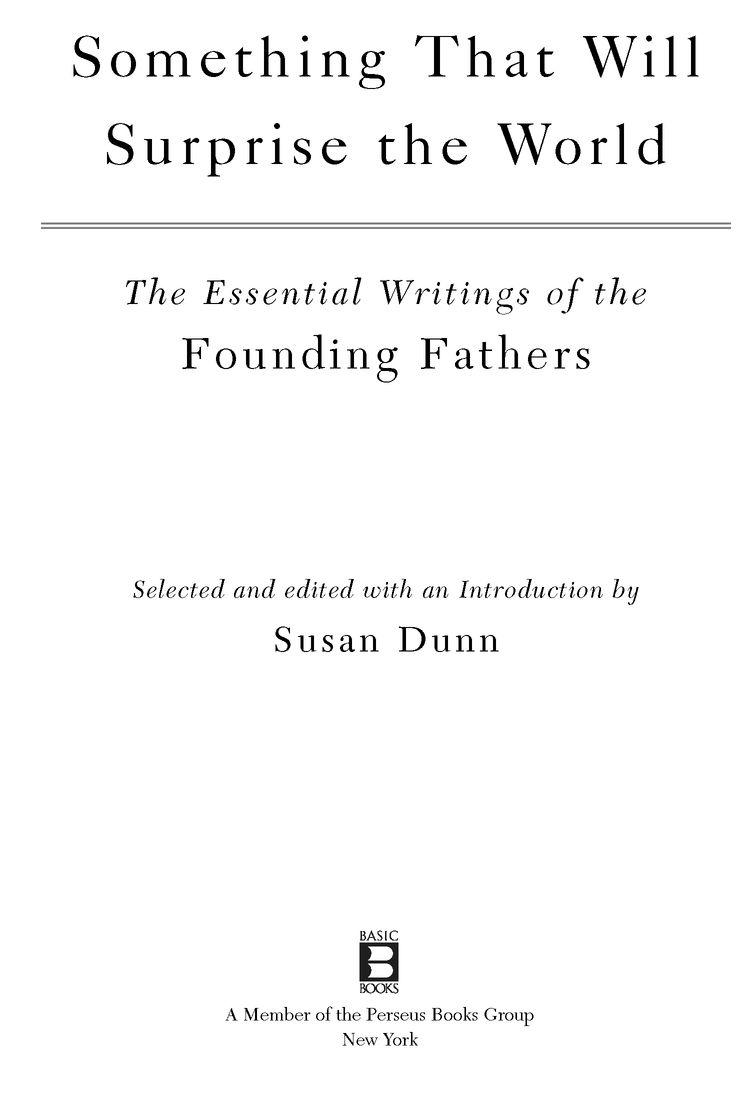Table of Contents
ALSO BY SUSAN DUNN
Jeffersons Second Revolution:
The Election Crisis of 1800 and the Triumph of Republicanism (2004)
George Washington (with James MacGregor Burns, 2004)
The Social Contract and The First and Second Discourses,
by Jean-Jacques Rousseau (ed., 2002)
The Three Roosevelts: Patrician Leaders
Who Transformed America (with James MacGregor Burns, 2001)
Sister Revolutions: French Lightning, American Light (1999)
Diversity and Citizenship: New Challenges for American Nationhood
(ed., with Gary J. Jacobsohn, 1996)
The Deaths of Louis XVI:
Regicide and the French Political Imagination (1994)
Foreword
BY JOSEPH J. ELLIS
During the past decade there has been a discernible surge of interest in the Founding Fathers. An electromagnetic field has always surrounded the founding generation, which is one reason we have felt obliged to capitalize and mythologize those present at the creation. But until recently the tendency has been to keep our distance from them, admire them from afar, treat them like icons carved in granite on Mount Rushmore or encased in marble on the Mall or the Tidal Basin. Like the patriarchs of the Old Testament, they have been revered but distant presences, figures who remain in the middle distance of our memory, like statues in the mist.
The recent surge of interest in the founders has tended to defy the iconic stereotype, blow away the mist, transform the marble into flesh and blood. It has given us flawed founders. The founders have become more interesting as they have become more human. As their foibles and imperfections have become more evident, or should we say self-evident, instead of becoming disappointed we have found them more interesting. In that sense they are more like us, and therefore have more to teach us.
It is not clear why the founders have rather suddenly become fashionable. On the one hand, the magisterial editions of their papers, begun in most cases in the middle of the twentieth century, have been marching forward at a stately pace and have now produced a massive body of evidence previously unavailable to scholars. On the other hand, most of the recent work, especially books that have enjoyed a wide readership, has not been written by professional historians. Whether it is David McCulloughs biography of John Adams, Ron Chernows portrait of Alexander Hamilton, or Walter Isaacsons depiction of Benjamin Franklin, in each case the author works outside the groves of academe. There are exceptions, of course. (And I am pleased to be one of them.) But the huge readership currently fascinated with the founders is not being served by card-carrying historians.
Indeed, the agenda of the academy remains resolutely focused elsewhere, on the ordinary rather than the extraordinary, on the periphery rather than the center, on the inarticulate rather than the articulate. As a general rule, the founders are either studiously ignored or contemptuously condemned as the deadest, whitest males in American history. And like the conversations among policy wonks inside the beltway, what scholars refer to as academic discourse remains an in-house affair largely unintelligible to the broader public.
And so the emergence of a sizable audience for serious books about the revolutionary generationan audience that has begun to rival the longstanding popular interest in the Civil Waris an unusual phenomenon. It has not trickled down from academe, but rather bubbled up from below where ordinary readers live. There is a genuine appetite out there in the land for work on the men, not the myths, who founded the nation in which we all still live. The obvious question becomes: Why?
Based on my own experience responding to questions from audiences who represent this readership, there is a profound sense of despair with our modern-day political culture, a deep-felt conviction that we have somehow created a political process at the national level almost designed to eliminate excellence and leadership. Why, they ask, must we choose between George Bush and John Kerry, when in 1800 they got to choose between John Adams and Thomas Jefferson? We might call this mode of thinking enlightened nostalgia, for it is rooted in a once-upon-a-time mentality that, truth be told, is not quite fair to the present generation of political leaders, who lack access to Mount Rushmore. Being first gives the founders an incalculable advantage. As Ralph Waldo Emerson so nicely put it, They saw God face to face; we can only see Him second-hand.
And yet, there is an enlightened dimension to this modern-day nostalgia. For the revolutionary generation did discover the political values and invent the political institutions under which the American republic still functions. In that sense we are still living their legacy, and it behooves us to understand how it is that we reside in the oldest and most successful republican experiment in world history. Not only that, the ideas and institutions created by the revolutionary generation have enjoyed global success, having destroyed the monarchical dynasties of the nineteenth century and then vanquished the totalitarian despotism of the twentieth, just as Thomas Jefferson predicted they would.
Within the American political universe, the founding era produced the big bang that has radiated its energies and implications right up to the present. If history is an argument without end, in American history the founders framed the argument that we are still having about our rights and responsibilities as citizens, about the proper relationship between individual rights and national security, about the role of religion in a secular state, about the tension between the twin goals of freedom and equality.
The founders, in effect, set the mold, and we go back to them, for the same reason that they went back to the Greek and Roman classics. They are, in fact, our American classics, the primal version and original intentions of our ongoing experiment to reconcile the competing imperatives that have fascinated and bedeviled political philosophers since Aristotle. They began the conversation we are still having.
So neither nostalgic nor celebratory motives by themselves can fully explain the surge of interest in the founders. For once you go back to meet them, in Emersons terms, face to face, you discover, whatever your original reasons for making the trip, people more palpable than icons, more complicated than mythical cartoons, often improvising at the edge of catastrophe, but ultimately defining the abiding shape of the republic we still inhabit. Since we can presume there was nothing special in the water back then, and that these men, collectively and individually, had no direct access to Gods will, and since miraculous explanations are generally regarded as inadmissible in the scholarly world, the obvious question then becomes: How did they do it?
The answer, or perhaps answers, can be found in the pages that follow, where the editor, Susan Dunn, has made a deft and judicious selection of letters and documents from the five most prominent founders. It is somewhat baffling, especially given the surge of interest in the founders, that a collection of this sort has not appeared earlier. To my knowledge, the only previous attempt to provide an introduction to the founders own words that spans the entire collective, not just one or two figures, is the book by Adrienne Koch entitled


